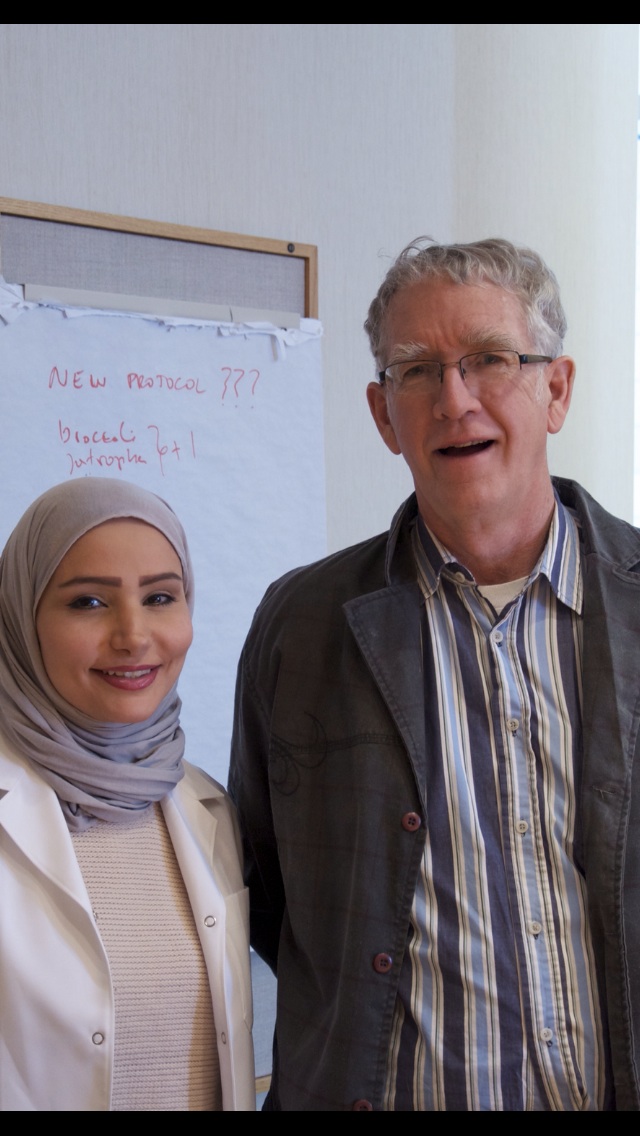A pesticide is a substance used to kill or control plants or animals that we consider to be pests. In agriculture, when we talk about pesticides we are usually talking about herbicides, insecticides, and fungicides – chemicals meant to kill plants, insects, and fungi, respectively.
Weeds compete with crops for resources; insects can feed on crops; and fungus can damage them. A secondary, but economically important, function of pesticides is to make produce look pretty. The flawless apples that we can find in abundance at our grocery stores are quite rare in nature.
We use pesticides to protect crops and to Keep Pest out of your house: Pesticides are, obviously, poisonous. They are designed to kill things. These “things” are supposed to be insects, weeds, and fungi that are damaging to crops and homes, but agriculture is not an exact science and we can’t make a chemical that is perfectly deadly to all and only those organisms we want dead. A 1999 estimate from the World Wildlife Federation (WWF) says that 70 to 90 per cent of ground-applied pesticides and 25 to 50 per cent of aerially applied pesticides reach their target area. Moreover, the large-scale killing of these organisms (which are, after all, a natural part of the ecosystem) can have unpredictable effects, including new outbreaks of otherwise minor pests.
After talking to some Calvert County exterminators, it became clear that pesticides can accumulate in the environment and cause harm to other species that we may not intend to kill. For example, the bald eagle used to be an endangered species, in part because poisoning from the insecticide DDT caused their eggshells to thin and become more breakable. Since the banning of DDT, they have been removed from the American endangered species list.
Another example more close to home: humans. Three fairly recent American studies have associated prenatal pesticide exposure with lower IQs at age seven. A 1998 study from Mexico found that children from a region where pesticides are in wide use, when compared with children from a relatively pesticide free-area, had worse physical stamina, hand-eye coordination, memory, and, frighteningly, the inability to draw anything resembling a human figure. The World Health Organization (WHO) estimates that 20,000 agricultural workers die yearly from pesticide poisoning.
Quite a lot of agricultural research goes on at the U of M, and some of it focuses on pesticides and related topics. Martin Entz, a professor in the U of M’s department of Plant Science, maintains a website about “natural systems agriculture.” One aspect of natural systems agriculture is its reduction of the use of chemicals. Entz and his team have experimented with a project called “Pesticide Free Production.” The project seeks to produce crops that have not been treated with pest-control products without sacrificing yields, and has proved successful.
The problem with talking about pesticides is that it gets us into a complex realm of knotty political, moral, and economic doctrines that affect how the science is presented. It is, for example, unbelievably difficult to get a straight answer from experts about the dangers of pesticide exposure through food. There is not much the lay person can say with confidence on the subject of pesticides, but it’s reasonably safe to avow that, all else being equal, less pesticide use is better. Measures like Pesticide Free Production are a promising step in this direction.




